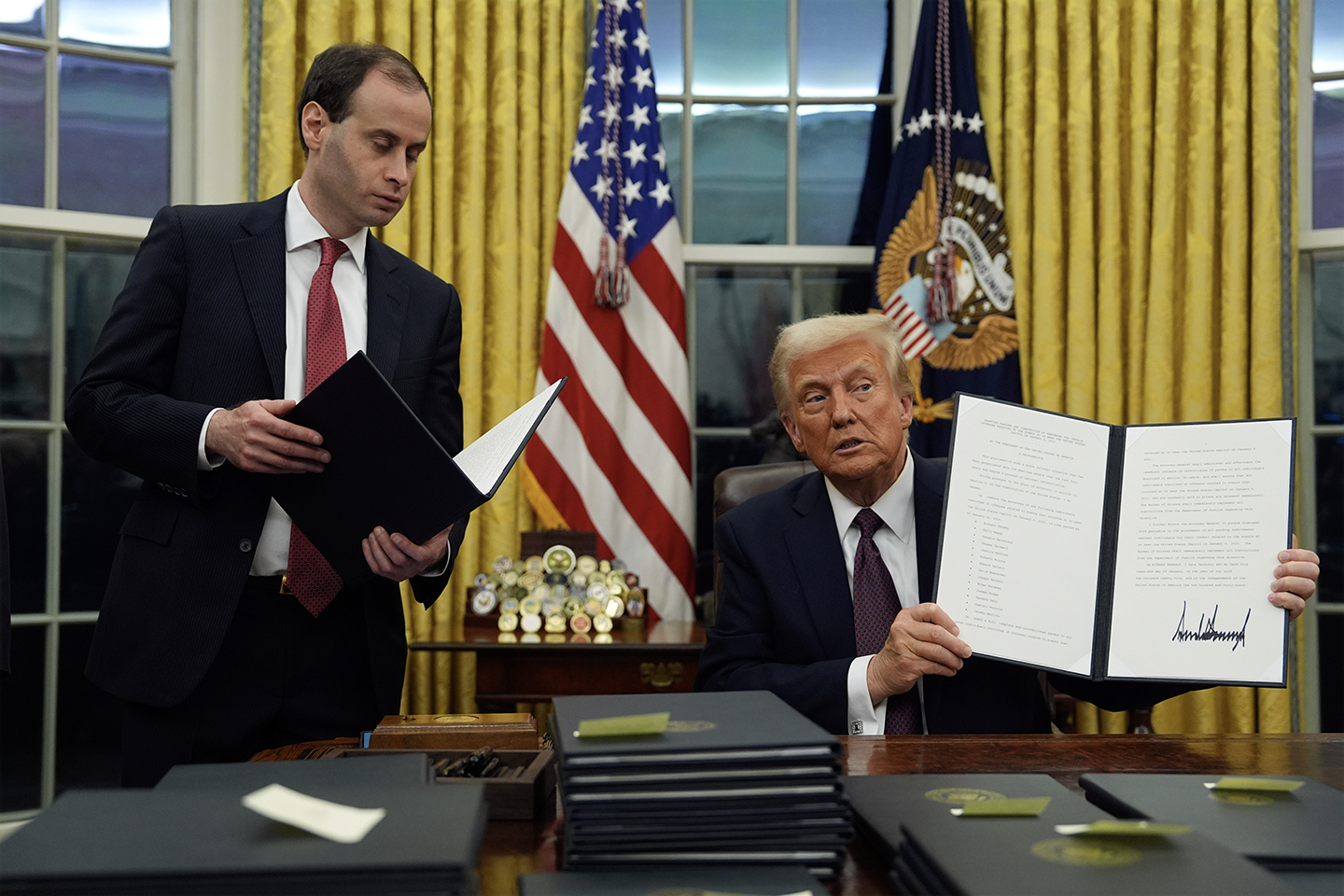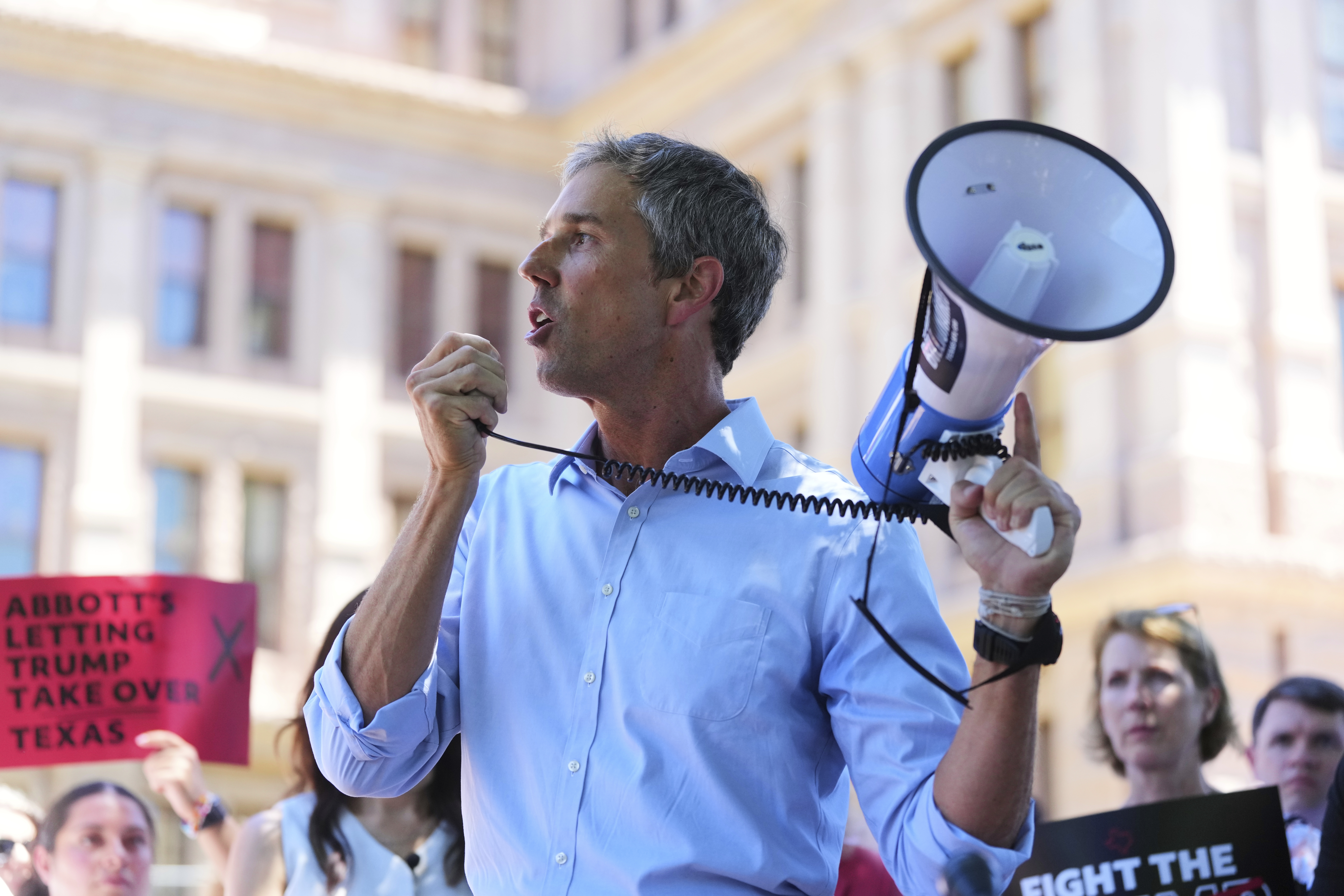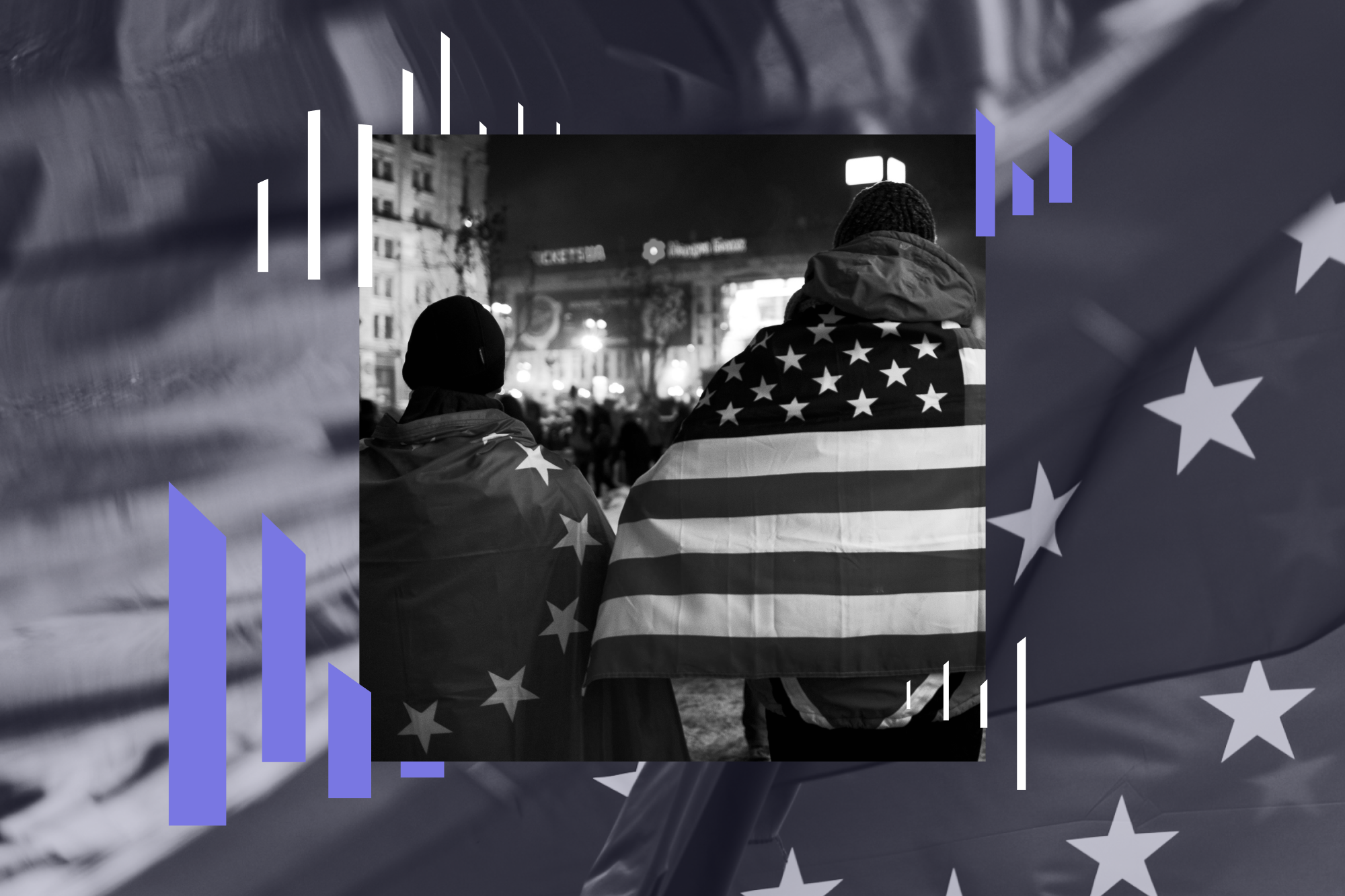In a dramatic shift, the Trump administration has called on government workers to report one another in a bid to eliminate diversity programs from federal agencies. This latest maneuver is part of President Trump’s escalating campaign against diversity, equity, and inclusion (DEI), which gained momentum after he pressured the private sector to align with this initiative. Just a day prior, Trump warned that employees overseeing DEI programs could face paid leave.
On his first day back in office, Trump signed executive orders aimed at dismantling DEI initiatives, completely reversing the priorities set by his predecessor, President Joe Biden, who championed these programs to promote opportunities for women, ethnic minorities, LGBTQ+ individuals, and other underrepresented groups.
Civil rights advocates argue that DEI programs are essential for addressing deep-rooted inequities and systemic racism. In contrast, Trump and his supporters claim that these initiatives unfairly discriminate against other Americans, undermining the merit-based hiring and promotion processes.
In a memo circulated on Wednesday, government employees were warned of “adverse consequences” if they failed to report any hidden DEI efforts. The message highlighted concerns about the use of coded language to obscure these programs and set a tight 10-day deadline for reports. While the memo lacked specific evidence of concealed programs, the administration’s stance is clear: failure to comply could lead to repercussions.
This warning echoed across several departments, attributed to different cabinet members, including Secretary of State Marco Rubio and Acting Attorney General James McHenry.
Psyche Williams-Forson, a professor at the University of Maryland, noted that underlying resentments among white men have resurfaced, enabling Trump’s political resurgence despite his legal troubles. “America has always been rooted in racist principles,” she stated, emphasizing that the nation would struggle to accept another Black leader after Obama’s groundbreaking presidency.
U.S. Representative Hank Johnson, a Democrat from Georgia, condemned Trump’s actions as a regressive step that threatens the progress made by Black Americans. Noreen Farrell, executive director of Equal Rights Advocates, criticized Trump’s orders for potentially harming both civil rights and economic competitiveness, asserting, “This administration is willing to sacrifice vital rights for an extremist agenda.”
Rev. Al Sharpton announced plans for his organization to boycott two companies that abandon their DEI commitments within the next 90 days, a coordinated effort timed with Martin Luther King Jr. Day.
The White House has not responded to inquiries regarding the backlash from civil rights advocates. Trump is also pressuring private companies receiving government contracts to abandon DEI practices and has urged federal agencies to identify firms that may face civil scrutiny for hiring based on race and gender.
This year, the federal government allocated $739 billion to contractors, and the DEI programs Trump targets are designed to ensure minority-owned businesses receive fair opportunities. His recent actions signify a major setback in the decades-long struggle for equality in federal hiring and contracting.
The order rescinds a pivotal 1965 directive from President Lyndon B. Johnson, which prohibited discrimination in employment among federal contractors and employed affirmative action to foster equal opportunities based on race, color, religion, and national origin. This landmark moment was crucial in the civil rights movement, occurring at a time when Black Americans faced violence and oppressive “Jim Crow” laws that stripped them of their rights.
As this contentious drama unfolds, the implications of Trump’s campaign against diversity resonate far beyond the walls of government offices, challenging the very fabric of equity and inclusion in America.





